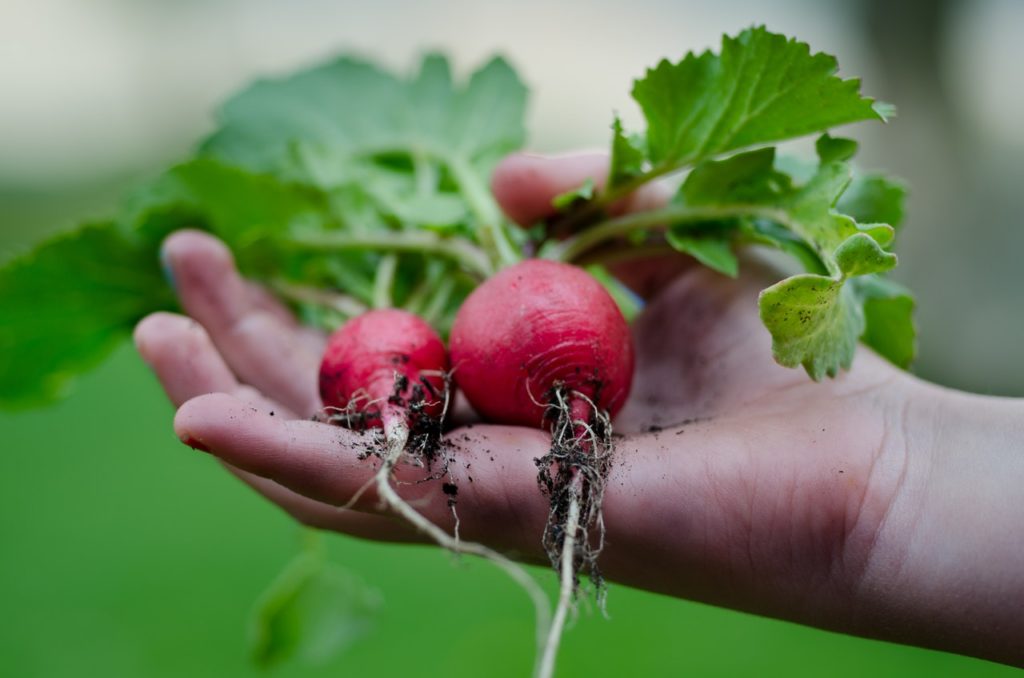Growing produce in your backyard can be a rewarding task. If you find yourself with a supply of fresh and delicious veggies every season, you could sell most of them to take care of the surplus and make some money.
Taking care of a vegetable garden, however, requires work. One of the things you need to do is to water your veggies properly. Many vegetables have high water content. Raw broccoli, for instance, contains approximately 90 per cent water, three per cent protein, seven per cent carbs and nearly zero fat.
When watering the vegetables in your backyard, follow these five tips:
-
Refrain from Using a Sprinkler System
An irrigation and reticulation system is an easy and efficient way to maintain your lawn. Using them to grow your veggies, however, may not be a smart idea.
Overhead watering can cause various problems for your garden. This approach could:
- Contribute to fungal and bacterial diseases
- Spray sections of the garden that don’t necessarily need the water
- Water rows and pathways that may encourage weeds
- Lead to wasted water, as you’ll end losing a lot of that due to evaporation
Instead of using sprinklers, adopt the following watering approaches for your veggie garden:
- Manual Watering – This means watering your produce the old-fashioned way — by hand. A small and slow stream of water is more efficient than a quick stream, as a large amount of water from a fast stream may run off and go to waste.
- Drip Irrigation – This isn’t just for commercial agriculture. Drip irrigation kits are available for use online and at a reasonable price. This is an efficient way to water your produce, as you can set the kit’s pressurised emitters to water-specific locations at predetermined rates. You’ll know how much water you’re using in your backyard with this watering method.
- Soaker or Drip Hose – Use this hose close to plants where the water can seep deep into the root zones. This will help you avoid watering in walkways and between rows.
-
Water Your Veggies Early in the Morning
Watering during this time of the day will help you lose less water as a result of evaporation. What’s more, this minimises the likelihood of disease and fungal issues, as you’re giving plant leaves plenty of time to dry.

-
Layer Mulches Before You Water Your Produce
Mulching regularly over bare soil can significantly slow down evaporation. The best mulch material you can use for your vegetable garden is soil rich in organic matter. This helps your plants absorb moisture more easily and help your veggies to grow.
If you don’t have this kind of soil, you could use the following mulching options:
- Grass Clippings – This provides a ready supply of mulching material for your garden.
- Bark Chippings – Rainwater can drain through more easily when you use this coarse mulch.
- Manure or Well-Rotten Compost – Add this nutrient-rich mulch to your garden bed whenever you get the chance.
-
Collect and Use Rainwater
What makes rainwater highly beneficial is that it’s free and contains trace nutrients that are good for your veggie produce. Collect rainwater off your shed, greenhouse and roof into water barrels. Then, use that to water your vegetables.
-
Pull out the Weeds
The weeds popping out of your garden are competition for your vegetables. They suck the moisture out of your soil and cut off the food supply for your produce. So, make sure to get rid of these problem plants by pulling them out regularly. What’s more, dig out the weed roots of invasive perennial weeds, such as ground elder and bindweed.
Smart watering does wonders for your vegetable garden. Try out these five tips to enjoy luscious plants and stellar produce that you can proudly sell at the market.





